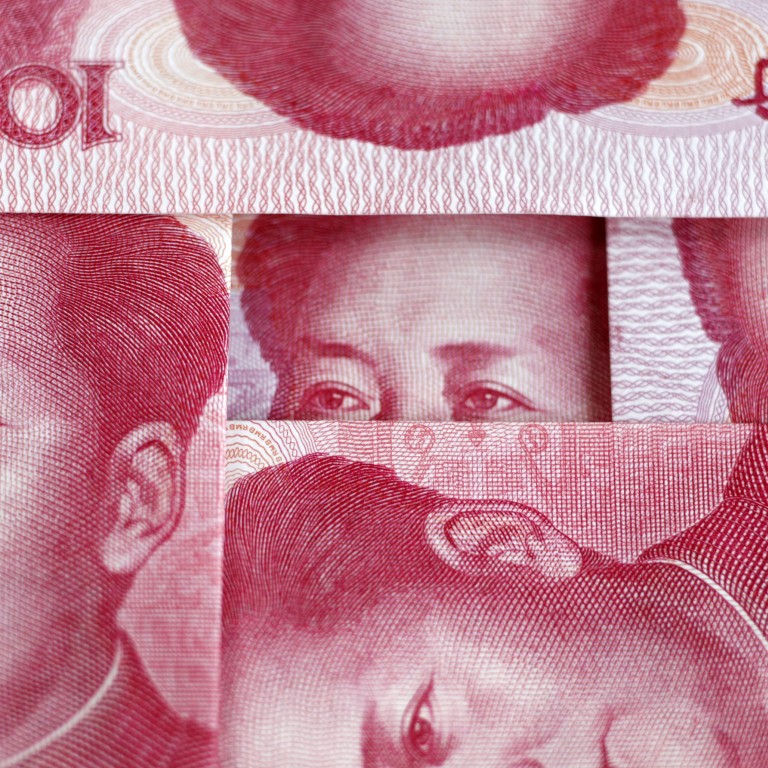
China's commercial banks told to turn on the lending taps for small businesses
The mainland's banking regulator on Friday urged commercial banks to boost lending to small businesses and the rural sector.
The mainland's banking regulator on Friday urged commercial banks to boost lending to small businesses and the rural sector, as Beijing tries to revive its faltering economy and steer it towards more sustainable growth driven by domestic consumption and new technology.
The comments by China Banking Regulatory Commission vice-chairman Zhou Mubing coincided with the release of weaker-than-expected trade data.
Imports fell 16.2 per cent year on year in April while exports were down 6.4 per cent, compounding a 15 per cent decline in March.
To cut the economy's reliance on trade and to encourage consumption, the central government promised to increase funding to rural and small businesses.
"Commercial banks must harness the government's policy support to further improve financial services to micro and small businesses," Zhou said.
The central bank also said it issued 65 billion yuan (HK$82 billion) worth of three-month loans to policy and commercial banks last month to bolster liquidity.
That left China with 1.08 trillion yuan worth of three-month loans at the end of April, the central bank said in an online statement.
The central government is also banking on the fledgling technology sector to be a new economic engine.
As part of that push, the State Council promised in a directive released late on Thursday night to give e-commerce a leg up by cutting red tape, supporting entrepreneurship and easing market access. It was the third time in a week the central government had voiced explicit support for the tech sector and came after Premier Li Keqiang made a high-profile tour of Zhongguancun, Beijing's hi-tech business hub, to applaud innovation and encourage entrepreneurship throughout the country.
Earlier in the week, the State Council issued another paper, asking local authorities to streamline taxes for tech companies.
In Thursday's directive, the State Council promised to abandon strict registry requirements for e-commerce businesses, encourage more venture capital to enter the sector, reduce share-holding restrictions on foreign investment and lower the tax burden. It also said it planned to cut logistical costs, strengthen financing and infrastructure, and turn brick-and-mortar stores into click-and-mortar - both online and offline - platforms.
The government aimed to lift consumer confidence in e-commerce by improving consumer rights, cracking down on online fraud, increasing security, and improving legal protection, it said.
With an easing in traditional sources of growth - real estate, manufacturing and government and business spending - Li has repeatedly said the country will face problems meeting its growth target of 7 per cent.
"This is not nail-clipping. This is like taking a knife to one's own flesh," Li said earlier this year, as he stressed the importance of innovation and e-commerce as the new engines of growth.
E-commerce is on the rise, with mainland consumers spending 2.8 trillion yuan on online goods and services last year - an increase of 49.7 per cent compared with the total for 2013, according to the National Bureau of Statistics.


